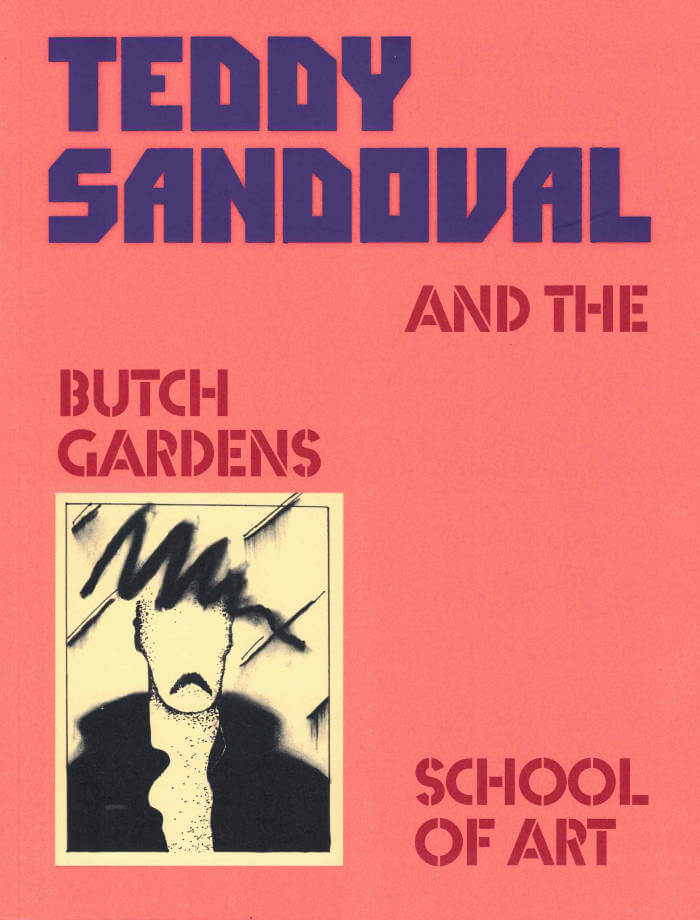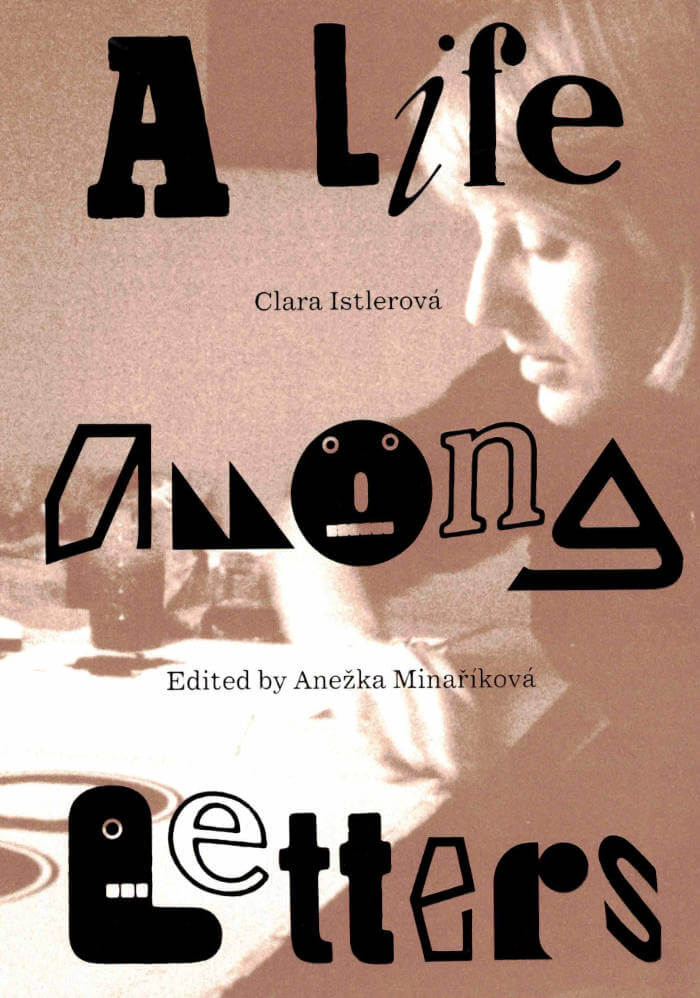
Sci-fi, Magick, Queer L.A. | Sexual Science and the Imagi-Nation
Kelly Filreis ed., Alexis Bard Johnson ed.
Alien worlds, alter-egos, and Pleasure Domes–Sci-fi, Magick, Queer L.A.: Sexual Science and the Imagi-Nation explores the overlooked importance of science-fiction fandom and the occult to U.S. queer history.
Science fiction and occult communities helped pave the way for the LGBTQ+ movement by providing a place for individuals to meet, imagine, and create a life less restricted by societal norms. Focusing on Los Angeles from the late 1930s through the 1950s, this reader follows the lives of artists, writers, publishers, early sci-fi enthusiasts, and progressive communities, from Kenneth Anger, Lisa Ben, and Jack Parsons to the L.A. Science Fantasy Society (LASFS) and Ordo Templi Orientis at the Agape Lodge (O.T.O.).
Spanning sci-fi fandom, aerospace, queer history, and the occult, Sci-fi, Magick, Queer L.A. reveals how visionary artists, filmmakers, scientists, science-fiction writers and fans worked together to build a world of their own making. Featuring copious illustrations of salacious pulps, ritual paintings, and archival materials, authors Joseph Hawkins, Joan Lubin, Alexis Bard Johnson, Ben Miller, Judith Noble, Kelly Filreis, and Susan Aberth tell the interconnected stories behind the underground communities of early Los Angeles. This publication is made possible with support from Getty through its PST ART: Art & Science Collide initiative.
Language: English







